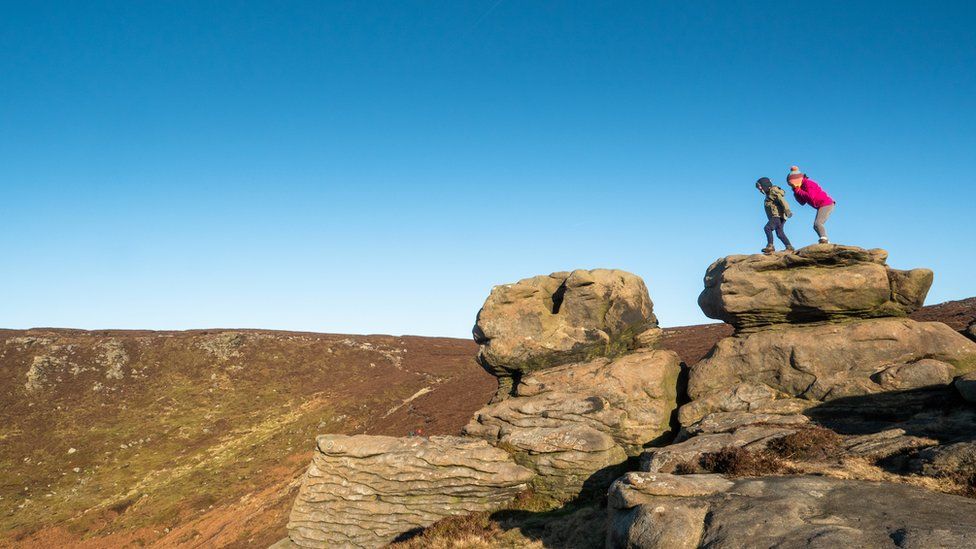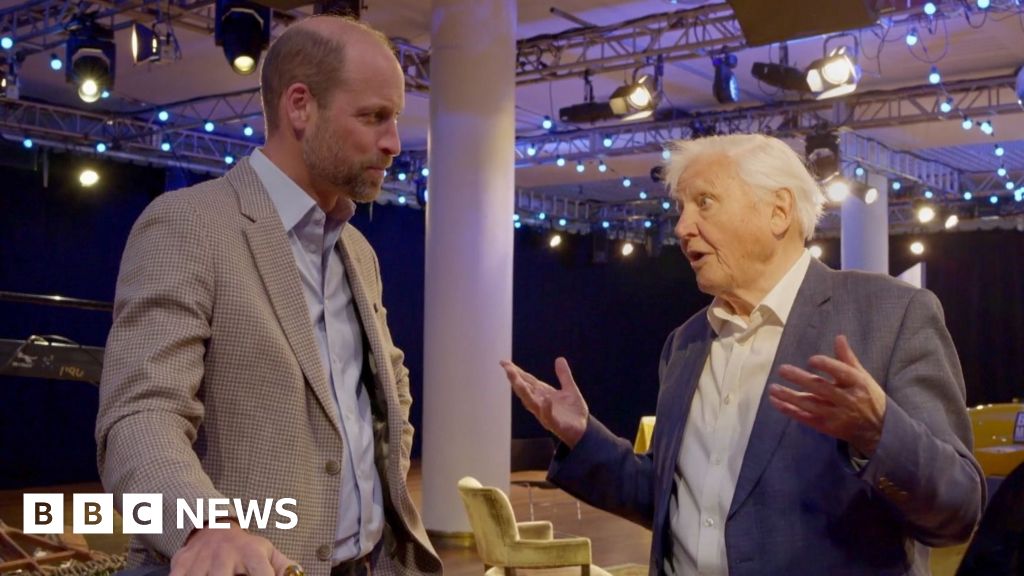ARTICLE AD BOX
By Jennifer Harby
BBC News
 Image source, National Trust - Rob Coleman
Image source, National Trust - Rob Coleman
The reserve is cared for by the National Trust
A nature reserve that was the scene of a historic mass trespass, which led to crucial rural access rights being granted, has been extended.
Kinder Scout, a National Nature Reserve (NNR) at the highest point in the Peak District, has been extended by 226 hectares (558 acres).
The National Trust, which cares for the site, said it "holds the key to so many benefits for our environment".
Natural England said the reserve was an important habitat.
Image source, National Trust Images - Paul Harris
Image caption,Kinder Scout is the highest point in the Peak District
After the extension - a move authorised by Natural England - the site will be 1,082 hectares (2,673 acres).
The trust said the extension included an "outdoor laboratory" created in 2010 for research on the impacts of restoring peatlands to combat climate change.
The laboratory uses scientific monitoring equipment such as pipes inserted into the peat to measure the water table, weirs that gauge water flow in erosion channels and marked-out squares for monitoring plant growth.
Kinder Scout is the highest point in the Peak District at 2,087ft (636m).
On 24 April 1932, a group of young workers staged a mass trespass in the area, resulting in arrests and prison sentences.
The subsequent outcry was credited by many as shaping today's access rights.
Image source, National Trust Images - Paul Harris
Image caption,The trust said it had worked hard with its partners to restore the area's natural landscape
Craig Best, general manager for the Peak District at the National Trust, said: "When we started caring for Kinder in 1982, the mountain was a barren moonscape of bare peat, degraded by human activity over the centuries.
"However, following almost 40 years of restoration work with our partners and volunteers, the NNR is being transformed into a plateau of healthy peat bogs.
"Kinder has a rich history and was the backdrop to one of the mass trespass activities, 90 years ago, which led to open access to moorland and the creation of national parks."
Image source, Other
Image caption,A group of young workers staged a mass trespass in 1932
Oliver Harmar, chief operating officer at Natural England, said: "Kinder Scout holds a special place in our national history as the backdrop to the very creation of our National Parks and NNRs.
"Today, NNRs, like Kinder Scout, are great places to be inspired and get hands on with nature - they're free, open and available to all."
Follow BBC East Midlands on Facebook, on Twitter, or on Instagram. Send your story ideas to eastmidsnews@bbc.co.uk.
Related Internet Links
The BBC is not responsible for the content of external sites.

 2 years ago
49
2 years ago
49








 English (US) ·
English (US) ·